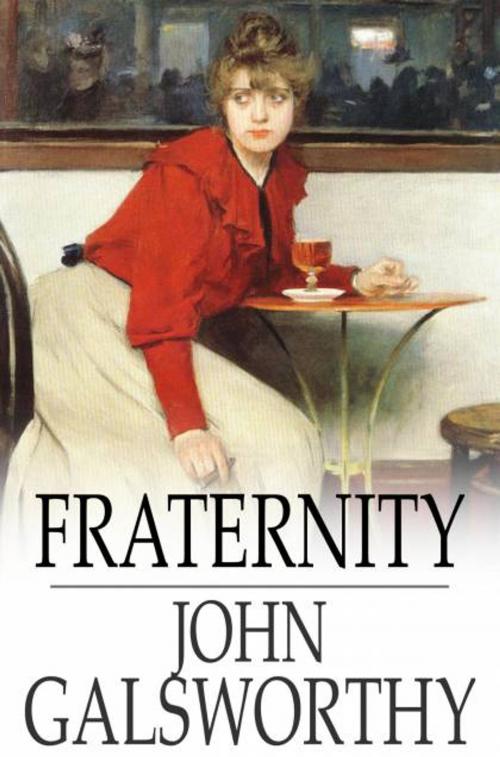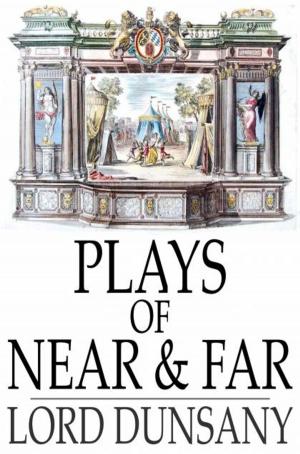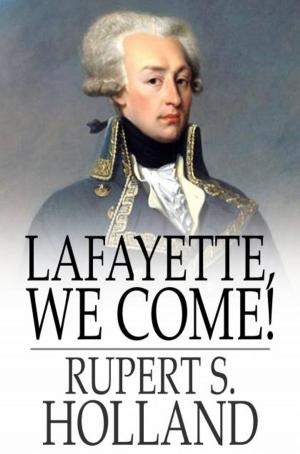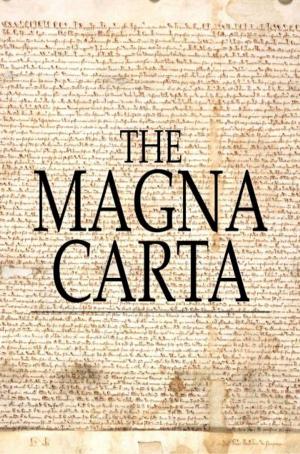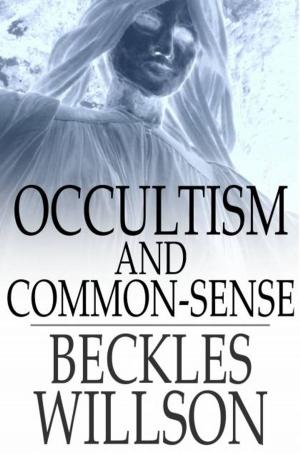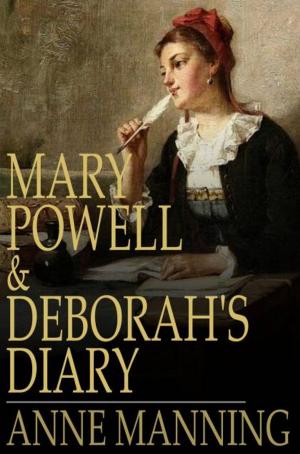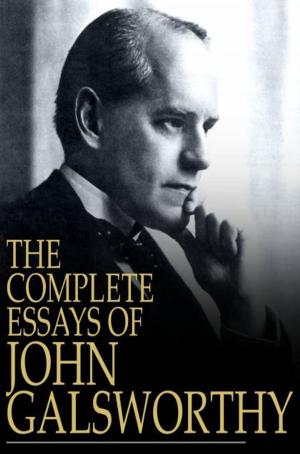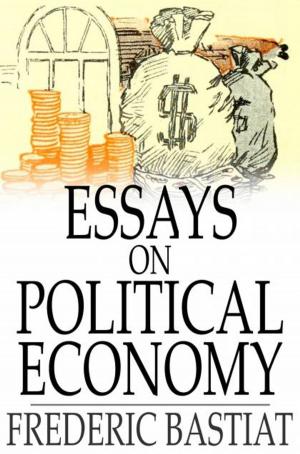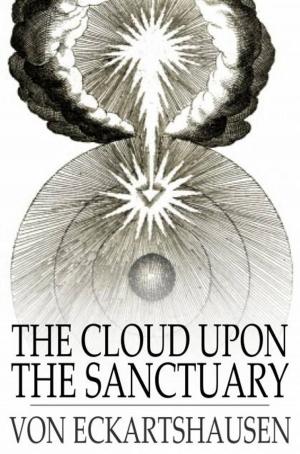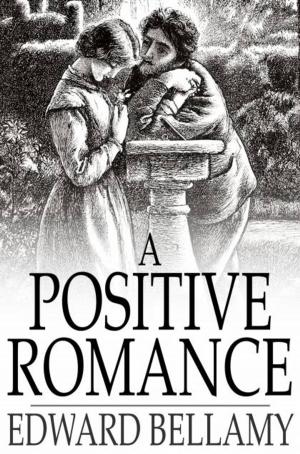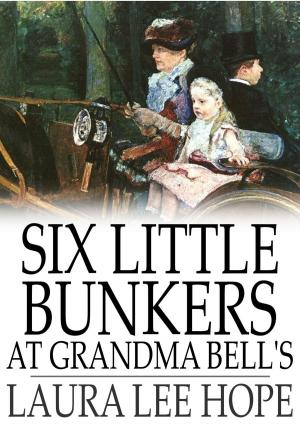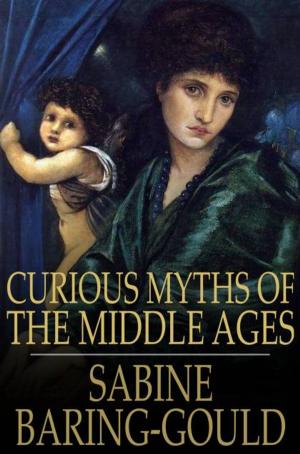| Author: | John Galsworthy | ISBN: | 9781775450184 |
| Publisher: | The Floating Press | Publication: | November 1, 2010 |
| Imprint: | The Floating Press | Language: | English |
| Author: | John Galsworthy |
| ISBN: | 9781775450184 |
| Publisher: | The Floating Press |
| Publication: | November 1, 2010 |
| Imprint: | The Floating Press |
| Language: | English |
Famed English playwright and novelist John Galworthy, who was awarded the Nobel Prize for Literature in 1932, first gained critical and popular acclaim for a series of novels and short stories called The Forsyte Saga, which followed multiple generations of a nouveau riche family of aristocrats. Fraternity focuses on the intricate dynamics of family relationships and romantic entanglements, rendered in Galsworthy's inimitably nuanced style. Joseph Conrad, himself considered a master of prose, described the experience of reading the book as a kind of pilgrimage, "a long and breathless ascent on a commanding summit in view of the promised land."
Famed English playwright and novelist John Galworthy, who was awarded the Nobel Prize for Literature in 1932, first gained critical and popular acclaim for a series of novels and short stories called The Forsyte Saga, which followed multiple generations of a nouveau riche family of aristocrats. Fraternity focuses on the intricate dynamics of family relationships and romantic entanglements, rendered in Galsworthy's inimitably nuanced style. Joseph Conrad, himself considered a master of prose, described the experience of reading the book as a kind of pilgrimage, "a long and breathless ascent on a commanding summit in view of the promised land."
